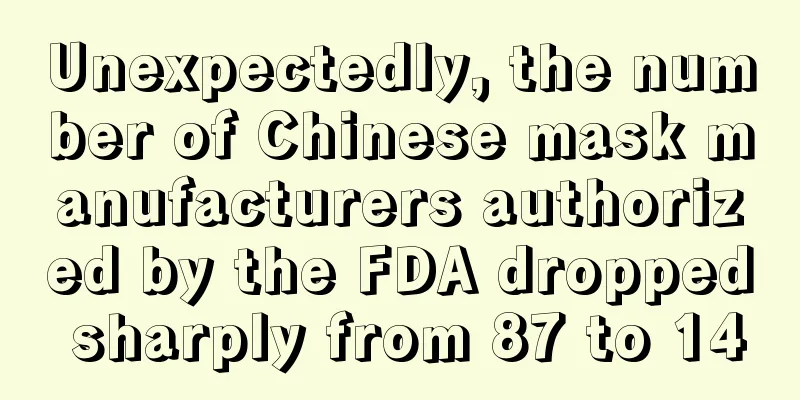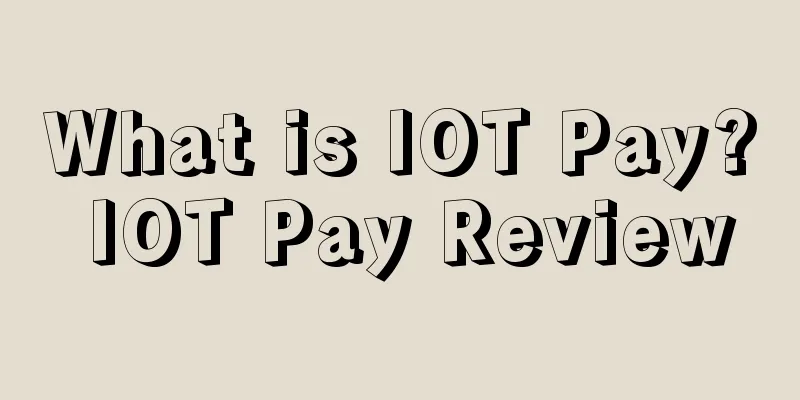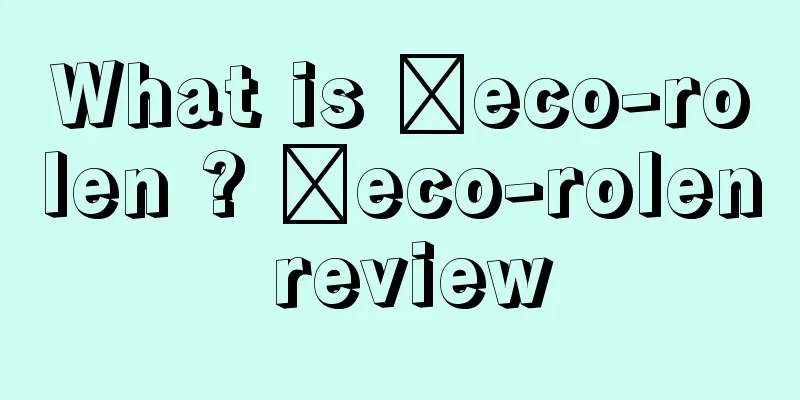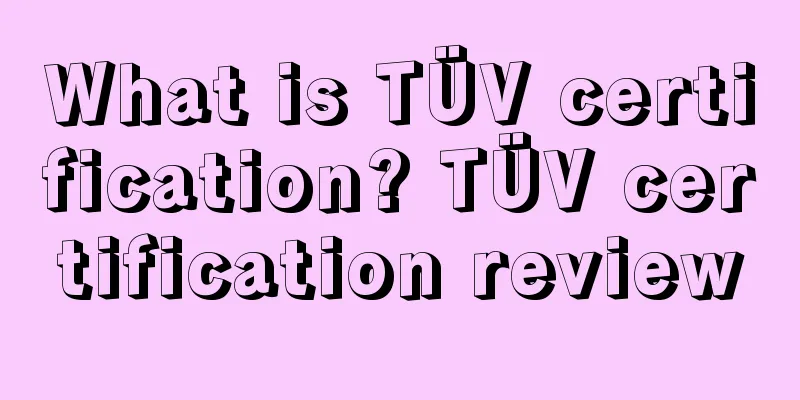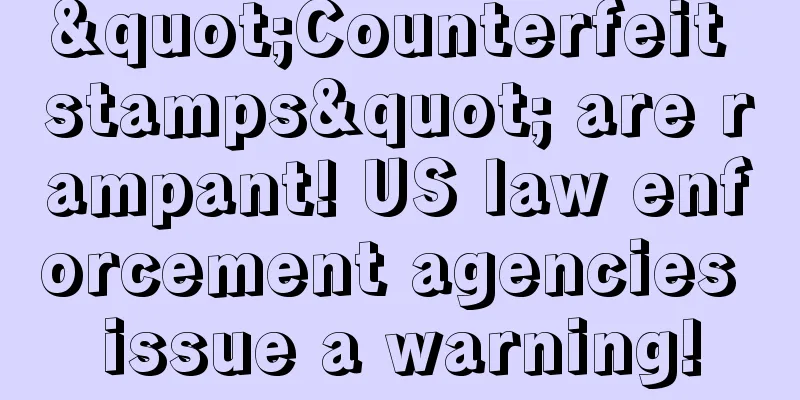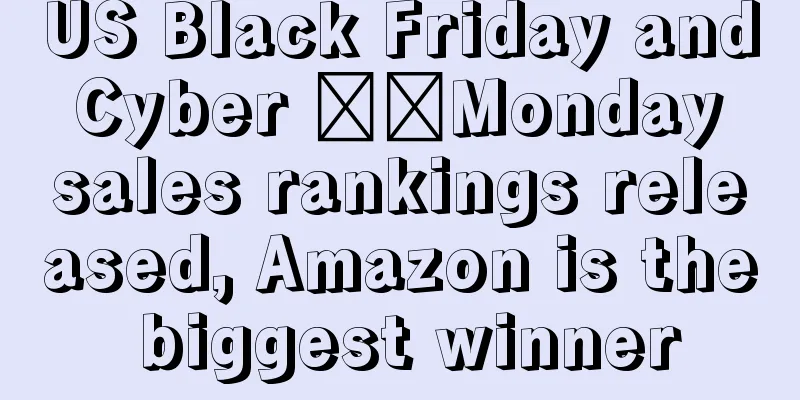|
At present, 1,291,719 people have been diagnosed in the United States, and the situation remains serious. Since the epidemic spread in the United States, the issue of masks has been a concern for all parties. Across the United States, news of mask shortages continues to break out, and even frontline medical staff cannot get enough. Previously, many American nurses revealed on social media that they did not take adequate protective measures when working in hospitals. There were also reports that many American hospitals were seriously short of epidemic prevention supplies, which sparked heated discussions among the American people. Domestic mask manufacturers in the United States are no longer able to cope with the huge demand and can only import from other countries. However, the U.S. policy standards for the import of epidemic prevention materials have never been finalized, especially for masks produced by Chinese manufacturers. People can't help but sigh: policy changes come too fast, like a tornado~ Let's review the history of China's mask exports to the United States. China's export of masks has experienced twists and turns On March 24th local time, the U.S. Department of Health and Human Services (HHS) issued an emergency use authorization (EUA) for a series of alternative epidemic prevention products and released the specific details of the emergency authorization.
The report stipulates that for masks that do not meet NIOSH standards, as long as they meet or have the standards or market permits of Australia, Brazil, Japan, South Korea, Mexico, Canada and the European Union, they can apply for emergency authorization and be allowed to be sold to hospitals in the United States. However, the standards of China, the world's largest mask producer, are not included in this list. Moreover, according to the restrictions of this temporary authorization, masks produced in China must first pass the standard certification of the above seven countries or regions before they can be sold in the United States. Since then, the US FDA has gradually begun to "loosen up" its restrictions on Chinese protective masks. On April 3, the FDA issued a new emergency authorization order on its official website. Compared with the two versions of authorization issued on March 24 and updated on March 28, this version is completely aimed at China's KN95 masks. The emergency authorization letter mentioned that for protective masks made in China that have not been inspected by NIOSH, as long as one of the following three conditions is met, the relevant application can be submitted directly to the FDA by email: 1. The company has at least one other model of mask that has been approved by NIOSH; 2. It must be authorized and certified by a regulatory agency outside of China; 3. Have a test report issued by an FDA-approved third-party independent laboratory to prove that the performance of the company's products is acceptable. By May 7, 87 Chinese mask manufacturers had obtained emergency authorization from the FDA, but China's overall standards have not yet been relaxed. Just as more Chinese manufacturers were cheering for being able to export masks, the US policy on imported masks changed significantly, pouring cold water on Chinese mask manufacturers. Without any warning, the US policy changed like this~ On May 7, the U.S. FDA announced that it had reduced the number of manufacturers of disposable filtering masks produced in China that were allowed to be exported to the United States from 87 to 14, on the grounds that the masks produced by these manufacturers could not provide adequate protection against the new coronavirus.
▲ The picture shows a Chinese mask manufacturer with FDA authorization According to Reuters, the U.S. Centers for Disease Control and Prevention (CDC) lists N95 masks as important protective equipment. This mask is designed to filter at least 95% of particles in the air. According to the latest test results released by the National Institute for Occupational Safety and Health (NIOSH) of the U.S. Centers for Disease Control and Prevention (CDC) on the same day, about 60% of 67 different types of imported N95 masks did not meet the standards. The FDA said it is also stepping up inspections of masks imported from China and will conduct random testing of those masks. The policy overturns an emergency authorization order signed by the FDA on April 3, which allowed the import of masks from Chinese mask manufacturers that had not been tested by NIOSH but had been reviewed by independent laboratories. Mask manufacturers should prove that they meet the standards of the U.S. Centers for Disease Control and Prevention, which require filtering 95% of particles 0.3 microns or larger, including the new coronavirus. Yesterday, FDA re-issued the EUA. In addition to greatly shortening the list of allowed imports (attached), the following revisions were made:- Revising eligibility criteria to allow for authorization based on acceptable performance of standards documented by independent laboratories;
- Eliminate the ability of importers to apply for EUAs and direct manufacturers to provide a list of authorized importers;
- Added recognition of China National Medical Products Administration (NMPA) registration certificates, which will be verified by FDA.
BYD was forced to refund 247 million yuan for exporting masks to the United States Since the outbreak of the COVID-19 pandemic, some Western countries have repeatedly raised the quality issues of Chinese medical supplies such as masks. Later, China strengthened the control over the quality of exported medical supplies, and some Western politicians questioned China's "hoarding of medical supplies and restricting the export of medical supplies." The US's attitude towards Chinese mask manufacturers is even more difficult, leaving Chinese companies confused. Recently, China's BYD company suffered a heavy blow for exporting masks to the United States. The thing is, the United States ordered masks worth about $1 billion from BYD of China, but due to problems in the U.S. federal certification process, the delivery deadline was delayed. Due to the delay in U.S. certification, BYD needs to refund half of the advance payment, which is $247 million. If BYD still cannot obtain certification by May 31, it will refund the remaining advance payment. This is the largest "refund" incident encountered by Chinese companies since the outbreak of the COVID-19 pandemic. The reasons for the refunds all come from "issues with U.S. federal certification." According to the relevant contract, BYD will supply 500 million masks to California in the next two and a half months, including about 300 million N95 masks, each priced at $3.3. The point is that at a time when masks are scarce around the world, the price of the masks BYD sold to California is even half the price of other U.S. states. No one expected that BYD, which was originally a loss-making business, would encounter such a legendary experience in the United States. Not only did it not make any money, but it faced the risk of losing 505 million US dollars. The whereabouts of the masks that had already been shipped were unknown. Recently, many sellers have been permanently banned and their funds frozen by Amazon for selling masks or epidemic prevention materials on Amazon, which is enough to show how strict the US is in reviewing epidemic prevention materials. During the epidemic period, masks are a sensitive topic around the world. Here we remind all sellers to abide by the platform rules and avoid touching the minefield. What do you think about this? Please leave a message in the comment area~ Statement: When reprinting this article, the title and original text must not be modified, and the source and original link must be retained. |
